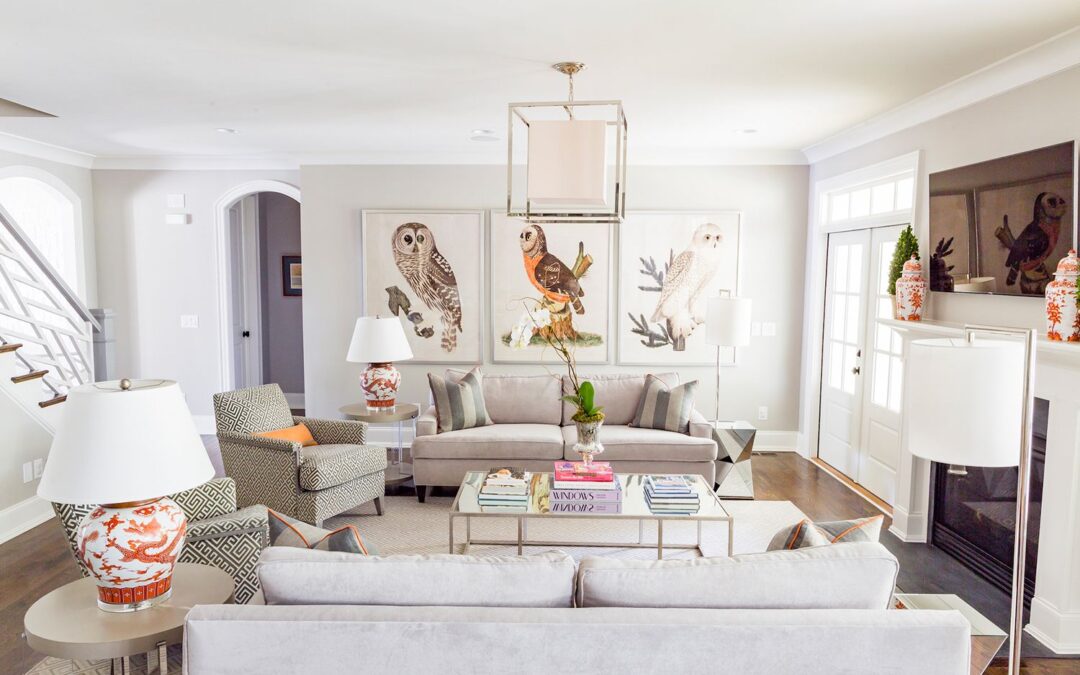London property rental yield
What is a property’s rental yield and how to calculate it
A property’s rental yield, also known as a property’s yield, is the annual return you achieve from renting out your property; in other words, it is essentially the amount of money you make in profit from rent. A property’s rental yield tells you the percentage return your rental income is generating against the property’s original purchase price.
How to calculate your rental yield
A property’s rental yield (%) is calculated by dividing the annual rental income by the value of the property, and multiplying your answer by 100. There are two types of property rental yields I want to familiarize you with. A gross rental yield excludes expenses, which differs from a net rental yield which will include expenses; meaning that to calculate a net rental yield you must factor in fees such as ground rent or a service charge.
What does it mean to have a good rental yield?
Rental yields across the UK fluctuate massively depending on the area, however a buy-to-let investment typically offers a relatively low rental yield in comparison to commercial properties; this is the result of many factors such as property prices and tenancy types. For those who are looking to invest in a buy-to-let property, a yield of above 5% is recommended.
Is buy to let investment right for you
In England, March 2021, the average property price was £273,486; with the average monthly rent being at £730 and the average yield at 3.2%. This is dramatically different to London as in March 2021, the average property price was £635,306, with the average monthly rent at £1,919 and the average yield at 3.6%. Here we can see that while the average yield in London does increase from that of the national average, it doesn’t increase at the same rate as the market value of a property or its monthly renting value. As an investor it is important that you research where you’ll find the most suitable property where the market value, to monthly rent, to property yield’s ratio is financially sustainable. Some areas in London see investors making significant gains, so specific location and property choice make a big difference when looking to invest. Currently Liverpool has the highest property yield at an impressive 10%.
How to maximise your rental yield
While there is the obvious option of increasing your rent, it’s important that you look closer into the severity of such a decision before enforcing it. To make this adjustment you must be able to justify it based on the local market, or by changes you’ve made to the property. Any changes made to the property should be carried out without deterring your current or future tenants. It’s necessary to keep a finger on the local pulse as if new developments such as schools or better transport links are set up, you’ll be easily able to propose rent increases. Another way to increase a property’s rental yield would be to rent a house in multiple occupations, where three or more tenants share facilities.
These are usually very profitable as you are enabled to collect rent from a higher amount of tenants. Another popular method many landlords used to increase their property’s rental yield is to add a bedroom or redecorate. While both of these options have many benefits to them in the long-term, it can be tricky for many landlords to finance depending on your cash flow, in simpler terms, the amount of ‘spare money’. These options can also be a long process from the time it takes to request and be granted permission from the council, to the building works being complete you could decide it isn’t worth it if the rental yield wouldn’t be significantly increased. Our last strong recommendation for you is to aim for long-term lets through a careful scanning process in search for tenants. Long-term lets have evidently helped landlords increase their rental yields and helped to avoid vacant periods. To maintain long-term lets, building a positive relationship with your tenants should be a priority.
Please contact Pelin Martin to book a 30-minute complimentary property consultation on +0208 994 7327 – pm@bluecrystallondon.co.uk


